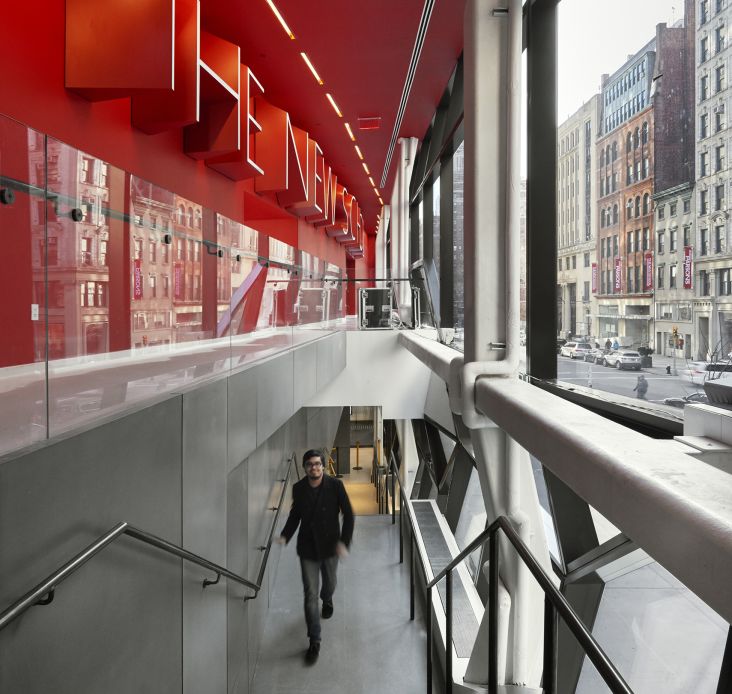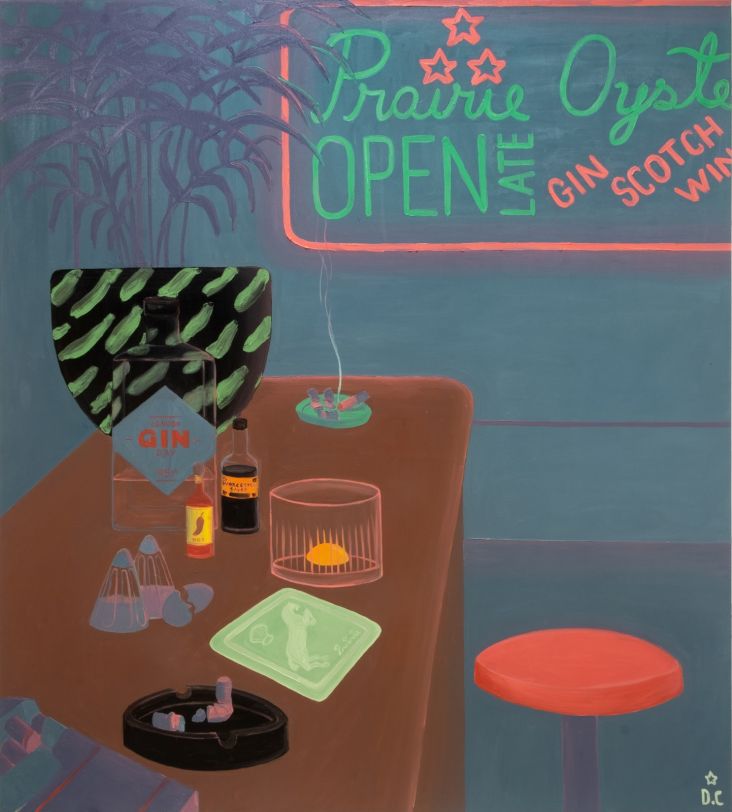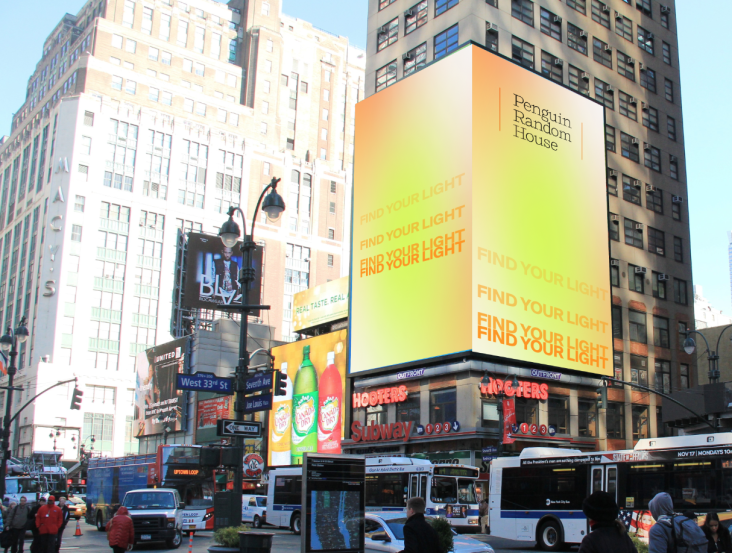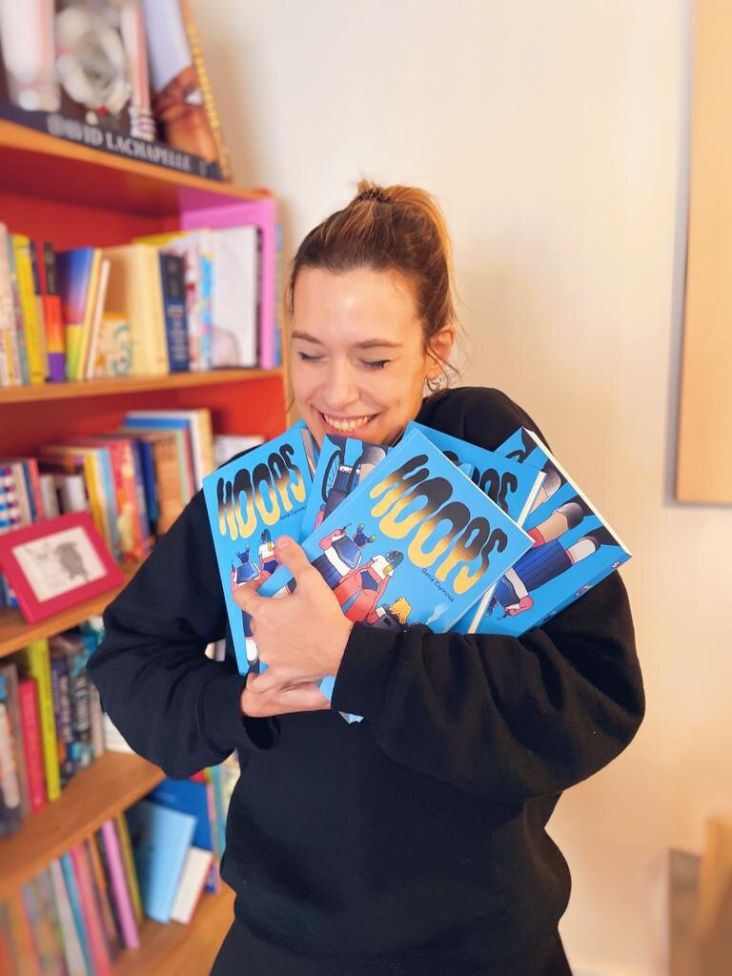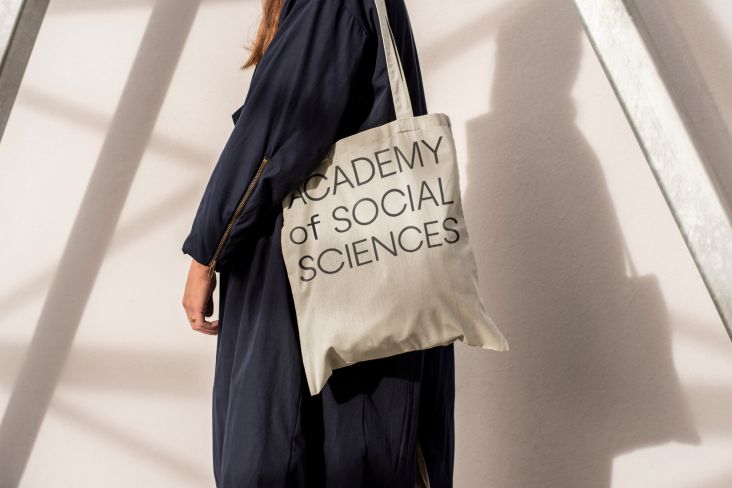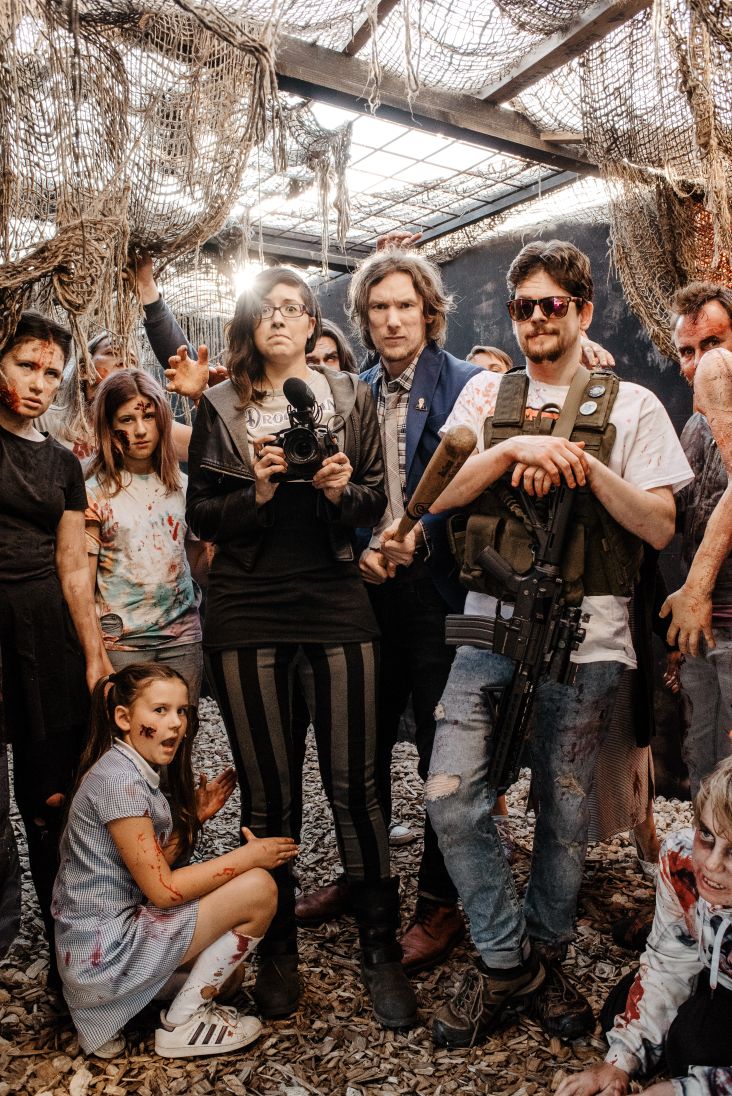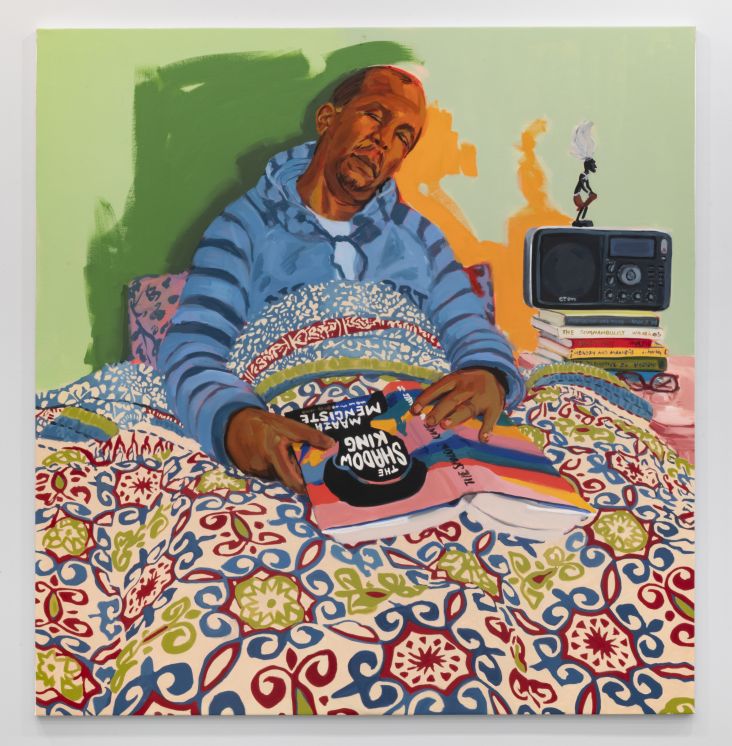Abby Allen on why Disney's efforts to reimagine a more inclusive tomorrow represents meaningful change
Do you see yourself and your life experiences represented in the content you consume? Many people don't. So Disney got together with branding and marketing agency Neon Butterfly to do something about it.
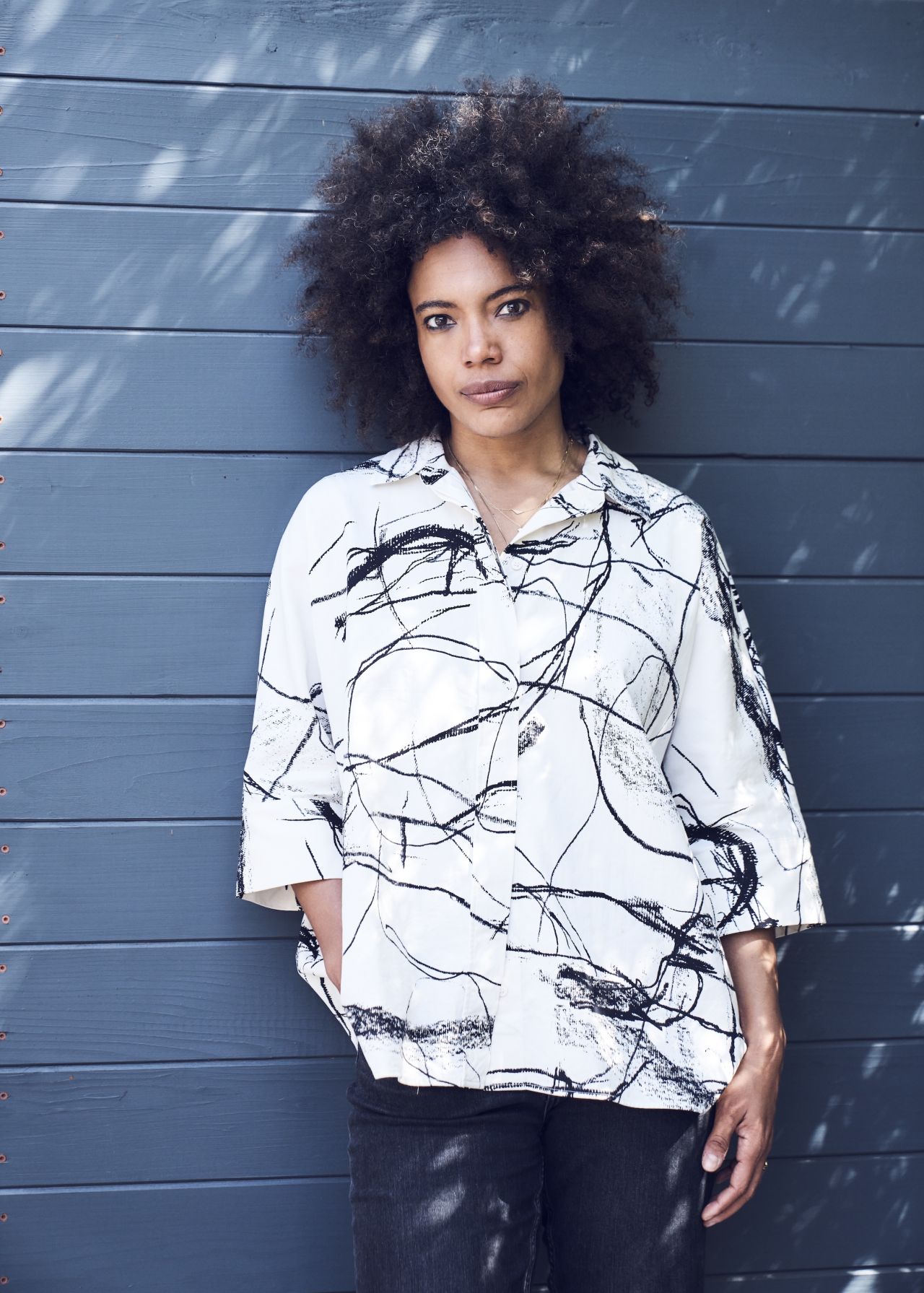
Abby Allen, founder and CCO of Neon Butterfly
The result is Reimagine Tomorrow, a robust initiative created to amplify underrepresented voices and untold stories. The primary digital platform is now live in the USA and will be launching in the UK soon. It's essentially a search engine for finding diverse content across Disney and its brands, including Hulu, National Geographic, ESPN, Freeform and ABC.
The digital platform acts as a content filter, allowing users to search for examples of particular types of representation. This includes (but is not limited to) a range of ethnicities, gender diversity, age diversity, diverse families, disabilities, female empowerment, veteran representation, and communities with socioeconomic diversity, with new content being added on an ongoing basis.
It's a huge undertaking, which Neon Butterfly's founder and CCO Abby Allen describes as "the greatest effort by any media and entertainment company ever, to amplify underrepresented voices and showcase fresh narratives that foster and fuel representation, understanding and a feeling of belonging for everyone."
We chatted with Abby to find out more about the project and the thinking behind it.
What's the purpose of Reimagine Tomorrow?
It's about amplifying underrepresented voices and untold stories as well as changing limiting narratives in media. It's about showing people why it's so important for everyone to see themselves reflected in the world around them, in a way that opens hearts and minds. It's a celebration of our shared humanity. It's also a chance for Disney to showcase all the work the company has been doing around diversity, equity, and inclusion, both in content and beyond.
What was the original brief?
Disney wanted an outside creative perspective on how to bring their commitment to diversity, equity, and inclusion to life and asked us to help them make a video. After our first meeting, we all knew that this needed to be much more than a video. This was a chance to do something huge and meaningful. And this was all before the pandemic and the George Floyd tragedy, so it's been a long time in the making.
We thought, what if we created a digital hub that allows users to search across the Disney brands for what they want to see more of in the world? So if you were to type in something like "I want to see more gender diversity", it would aggregate content from across the Disney ecosystem, including from properties like FX, Marvel, and Hulu, to deliver your results. This would make for a highly engaging user experience as well as give Disney a chance to highlight all the great work they're doing both in content and in other initiatives that the public rarely hears about.
Given the sensitive nature of this topic, it was important to everyone that this would feel genuine and authentic, which meant Disney acknowledging that "they haven't always gotten it right" in this arena, which they do in the main campaign film.
They're not perfect. And no one's perfect. But they're committed, and they've been working hard for a long time to ensure that the narratives they put out are ever more inclusive and accurate. Before I forget, we also created 40 pieces of original content for the hub, an insane amount but one of the best parts of the project.
Can you give an example of the new content you've created?
There's a classic Disney song called 'There's A Great Big Beautiful Tomorrow', written by the Sherman Brothers in 1964. It's the theme song to a Disney Park attraction called The Carousel of Progress, where they go through the years, looking into the future. But it's a very specific, narrow future. So we decided to find artists from underrepresented groups and have them remake the song.
We found three artists from different musical genres and backgrounds, who then created their own interpretations of the track. It was such a success that Disney just had the three artists perform at D23, Disney's largest fan event!
There's already a lot of existing diverse content to showcase, though.
Absolutely! And given that Disney has acquired companies like Hulu and National Geographic in recent years, this is right in line with their efforts to diversify their portfolio and content offerings. Certain business units are perhaps further along in their "accurate representation" efforts than others, but holistically, this area is a huge priority for the company.
And it's so important for people to see their own lives reflected in content, right?
Definitely: that's why this was a dream project for me. I'm a bi-racial person, so I rarely saw myself or my family up on the screen when I was growing up, which really affects how you see yourself and your place in the world. It affects what you think is possible for you and your sense of belonging. It has serious ramifications. But this initiative isn't about pointing fingers – it's about celebrating our shared humanity and reminding people that no matter what body you're in, we ALL just want to feel seen, heard, and understood.
It's so important for everyone to see themselves reflected in the world around them in a way that opens hearts and minds. It's a celebration of our shared humanity.
And nor is it just a numbers game.
Correct, it's not just about showing more "diverse" bodies. It's about showing a more complex and well-rounded set of experiences of those in underrepresented groups. It's about going beyond generalisations because not all people of any one group are the same, which sounds obvious, but that's largely what we've been shown in the media. So that's what we are trying to convey with this project: the depth and breadth of human beings. We like to say: "We're all greater than a single story".
How long will it take before we see real progress on diversity, do you think?
In the world? I mean, it depends on how we're defining progress, right? I will say that one of the most meaningful things about this project has so far been witnessing the effects behind the scenes – having all of these transformative conversations about inclusion and belonging with all of the people at Disney and all of our production partners, etc. Then those people went home and had conversations with their families and maybe changed their own behaviours. It's a ripple effect. In that way, it's facilitating change immediately.
A parent of one of the young boys we were shooting said to me, "It makes such a difference to have this kind of diversity on set, to have my son actually feel comfortable and seen. He's never been treated this way or seen so many people that look like him." And then another person's mom, who was a white mom with a biracial daughter, was like, "My daughter is so excited to see someone like you owning her own company and running a production."
So our whole process is facilitating change. This isn't just about the content. It's about changing how things are done and infusing intention into every step of the creative process.
Have you had any backlash for your work on diversity projects?
Yes, I've been harassed by people, even before this launch. Somebody found my personal information and put it on Instagram, and said I was doing "discriminatory" things. It was hurtful and super upsetting. But there are people that troll all day long, looking for people doing this kind of work to harass. It's sad but true.
And it's why "Reimagining a Tomorrow" where we all belong and feel safe and comfortable in our own skin is so critical. So I am just grateful for the chance to do this work.

 for Creative Boom](https://www.creativeboom.com/upload/articles/06/063686a9a3b095b9b1f0e95df917ed4bd342be1b_732.jpg)


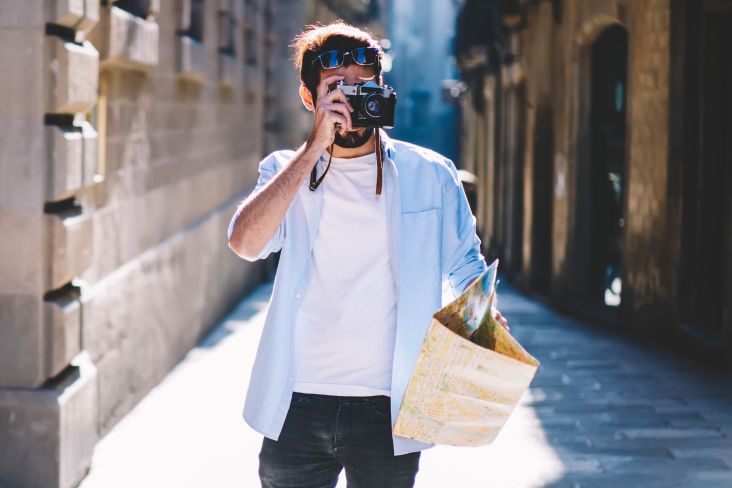
 using <a href="https://www.ohnotype.co/fonts/obviously" target="_blank">Obviously</a> by Oh No Type Co., Art Director, Brand & Creative—Spotify](https://www.creativeboom.com/upload/articles/6e/6ed31eddc26fa563f213fc76d6993dab9231ffe4_732.jpg)
 by Tüpokompanii](https://www.creativeboom.com/upload/articles/58/58684538770fb5b428dc1882f7a732f153500153_732.jpg)








